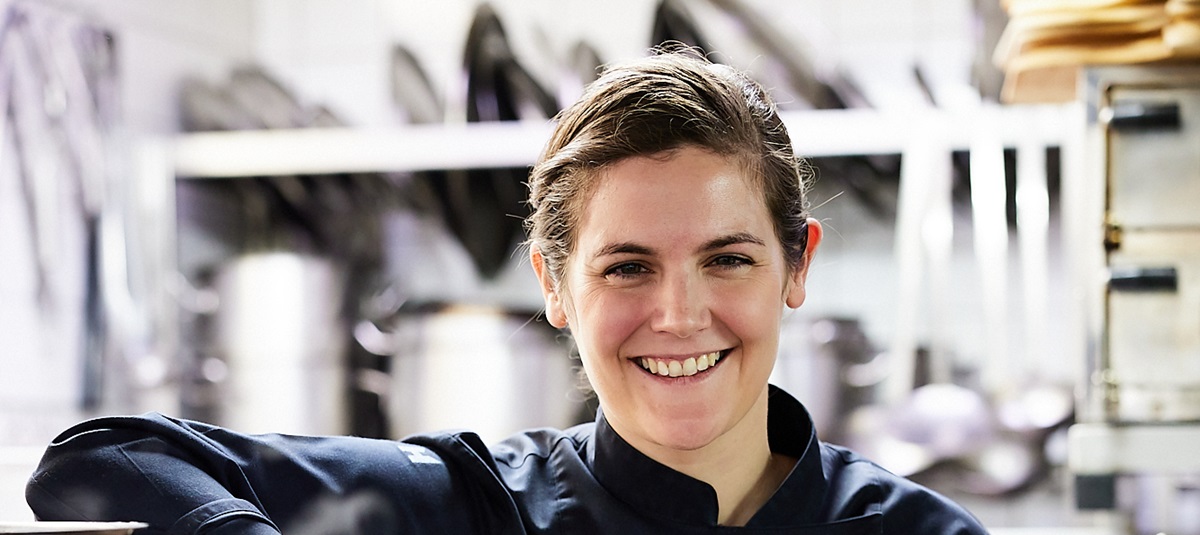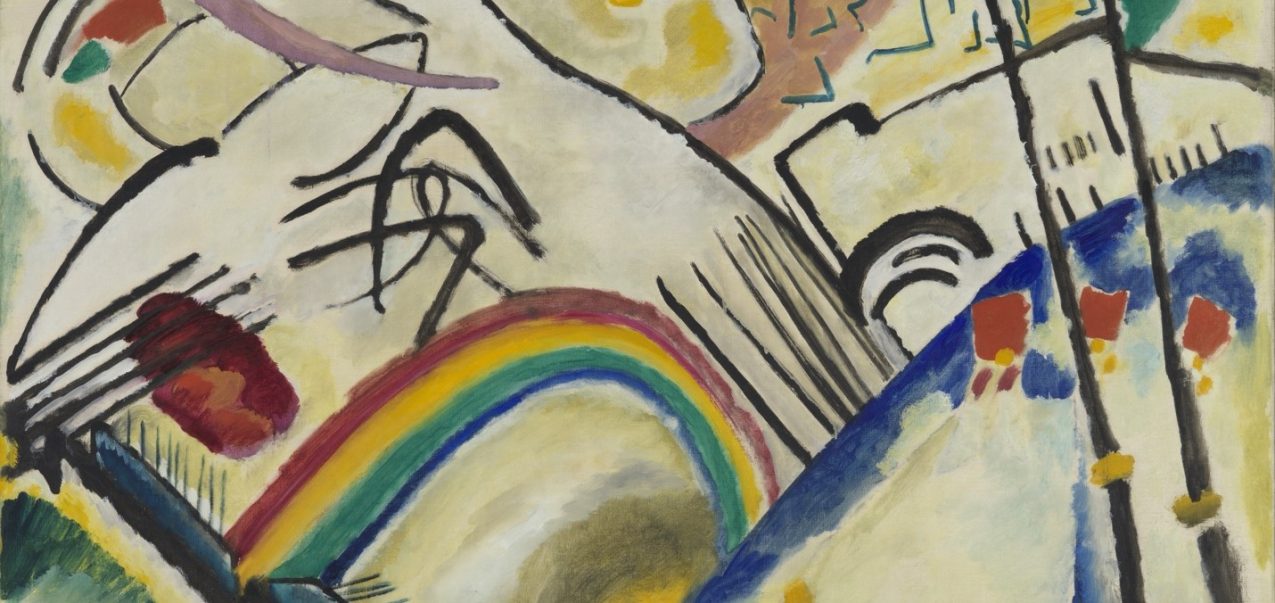(Opening photo by Maartje ter Horst)
In general, I think it is safe to say that the most general view of the nature of mankind is not a very positive one. Most people think humans are bad. This is not just in the times we live. From Machiavelli to Hobbes, Freud to Pinker, the assumption is that we are terrible by definition. The whole of economics is premised on the Hobbesian notion of human nature, which sees us as rational, self-serving individuals.
However, not all thinkers and philosophers agree. Rousseau is a well known example, a firm believer in the innate goodness of humans, as it is the author of this book, Rutger Bregman. In Humankind, he makes the case for the argument that assumes that people are good, supported by a myriad of well researched examples in many scientific disciplines, from anthropology to sociology, that go back as far as cave times and move on through history up to the results of experiments conducted during the 20th and 21st century. In short, all these evidence seems to indicate that the evolution of our species is based on the survival of the friendliest, rather than the fittest, who Bregman calls Homo puppy, meaning that we can’t be all that bad after all.
As the placebo effect makes us feel good without real reason, its opposite, known as the nocebo effect, will cause a more negative effect conditions by negative expectations. In the same way, we could say that our general grim view of humanity is also a nocebo, often encouraged by the news, which tend to highlight the most dramatic and negative events, making us think that these are the most common. News have become a kind of drug to which most of us are addicted. As the Swiss novelist Rolf Dobelli put it,
“News is to the mind what sugar is to the body.”
Bregman is of the opinion that believing in human kindness and altruism is actually a more realistic way to think – and the foundation for achieving true change in our society. He is no fool though, he realises that humans are capable of terrible things and recognises that our genetic inclination to tribalism can have disturbing consequences, starting with the distrust of strangers and going all the way to genocide. However he argues that for people to get to those horrendous extremes, they have to be pushed and conditioned pretty heavily. Historical records and scientific experiments mostly indicated that humans feel an innate aversion to violence.
Every time there is a disaster of some kind, we see the best in people shining through. Following this line of thought, Bregman makes the acute observation that “the tragedy of war is that it’s the best facets of human nature –loyalty, comradery, solidarity- that inspire Homo puppy to take up arms.
The rise of Enlightenment brought the power of rational thought over everything else and Adam Smith, the author of the economic Bible “The Wealth of Nations” established the principles of the free market upon the rational principles of Enlightenment, which considered human nature as driven by selfishness. This view has ruled the way we go about governing countries and how we organise our economies until the present day, or has it? Bregman points out that increasingly, we are seeing a new kind of realism pushing through, one that expects the best from us and believes in the power of intrinsic motivation. Rather than relying on a system of reward (capitalism) or punishment (communism) to motivate people, here comes a revolutionary thought: trust people to do their best and give them the autonomy to do it. If you treat people as if they are responsible and reliable, they will be.
If you are thinking that all this sounds a bit naïve and/or pro-anarchism, maybe you are right; maybe a bit of anarchism and positive vibes is what we need to shake things up and get society and the economy moving in the right direction once and for all. In any case, I wholeheartedly recommend you to read Humankind: it is fresh, it is relevant and it is hopeful.

Humankind by Rutger Bregman
Bloomsbury Publishing
Publishing in hardback on May 19th 2020, £20.00
Also available in audiobook (£20.00) and ebook (£16.80)














Show Comments +